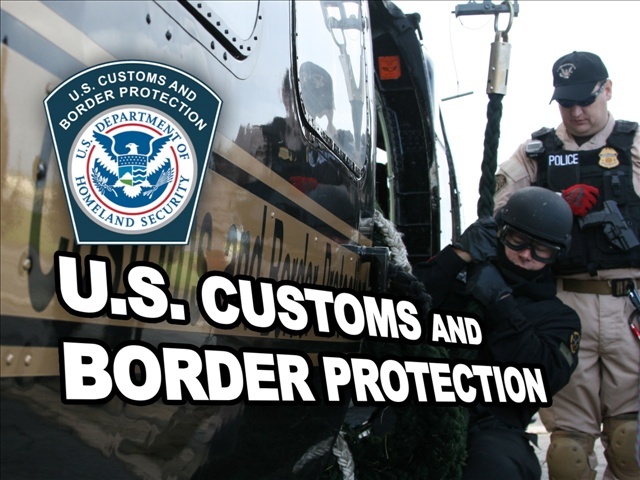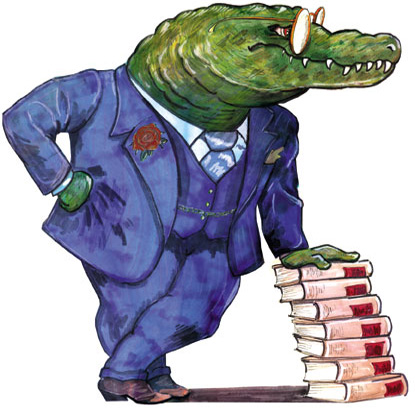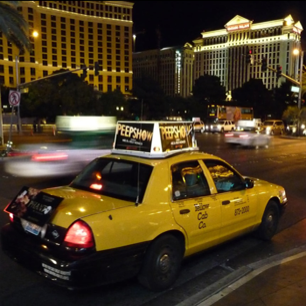
CBPGuy
7 Years Experience
SouthWest, US
Male, 25
I am a U. S. Customs and Border Protection Officer on the southwest border between Mexico and the United States. I know the ins and outs of the job as seen on TV/News and things intentionally hidden from the media! There's more to this job than "Anything to declare?" I dont know all but I'll do my best to answer any questions you have! All answers are my opinion, and my opinion only!
You are paid every day that you are at the job. When you are hired, you go to your assigned port for "Pre-Academy". During this Pre-Academy time your doing mostly clerical work. You are filling out paperwork for your health benefits, TSP (401k), etc. You are also doing online training courses that help you prepare for the job. You are also doing tours of the port and watching officers work. Every port has their Pre-Academy set up differently. Housing is not paid for while your at the port for Pre Academy.
At the academy, you work Monday through Friday with varying start times, but all are only 8 hours a day. You are paid during all the training hours. You sleep in a dorm which is provided by the agency and you eat the meals at the cafeteria, which is also paid for by the agency. All books, supplies, and uniforms are provided by the agency. You really only need to bring a pair of running shoes, boots, shoe polish, toiletries, and off training clothes. You are only allowed to wear the academy's uniform in the gym (on or off training hours).
For Veterans, your given Veterans preference points up to 5 points, i believe, for the initial written test.
I am not entirely sure when it comes to what can and cannot be subpoena'd. What I've been told is that anything related to the systems we use and the intelligence that is gathered cannot be used in court for "national security purposes". But again, I'm not completely sure.
If you are an Alien seeking admission into the United States and you are caught lying to a CBP Officer in order to gain admission, a visa, or any other type of benefit from the United States, you will be charged under the Immigration and Nationality Act, 212(a)(6)(C).
If you are a United States citizen, you could be charged criminally under 18 U.S.C. Section 1001, and sentenced to up to 8 years in prison.
The airport can get fairly boring. For the first several years of your career, you will be posted at "Primary" where you either grant admission to alien's (Entry for US Citizens) or refer suspect individuals for further scrutiny.
Once you have a few years on your belt, you can bid for a secondary position. This is where you will be determining with you will allow someone to enter the United States or return them back to their home country.
There are also other specialty teams where you patrol the airport in vehicles, perform hot stops, interview subjects etc. Those positions, however, are few far and between at airports.
As for education, you only need a high school diploma or GED. Of course, a college degree will make you more noticeable and may start you at a higher pay but it's not necessary.
Personal Injury Lawyer
 What's the most frivolous case you’ve handled?
What's the most frivolous case you’ve handled?
Veterinarian
 Who are the bigger hypochondriacs: dog owners or cat owners?
Who are the bigger hypochondriacs: dog owners or cat owners?
Las Vegas Cab Driver
 Do people ever ask you to keep your meter off in exchange for a cheaper fare?
Do people ever ask you to keep your meter off in exchange for a cheaper fare?
Not completely. There are a bunch of factors that could come into play. The best advice I can give you is to be completely honest on the polygraph and completely honest on the background questionnaire.
I had marijuana use in the past as well, but it wasn't habitual and I was open about it.
I suppose they expect you to have it somewhat together. At the very least, they want to see you motivated. Anyone can pass the PFT's at the academy if they try hard enough and set goals for themselves. I also barely scraped by the first PFT. But after enough conditioning throughout the academy, my 1.5 mile went from 15 mins and change to 11 minutes and 52 seconds.
You will be required to do physical training two days a week, 2 hours each day. Its up to the instructor on what they want to train (conditioning or defensive tactics). Otherwise, on your time your free to train as much or as little as you'd like.
One thing I will say from personal experience, I had to hold someone for about 45 minutes before I was able to clear him in our system. His name was similar to a convicted felon wanted for child endangerment. My job was to determine if this person in front of me was the same person who was wanted. I cordially explained to him why he was back there and what I was trying to accomplish. He was very friendly and thanked me for doing what I was doing. About 4 days later, I read a news article that and this person was on it. He told the news outlet that he was locked in a room for 2 hours, denied food and water, and was treated like a criminal. I couldn't believe it! I treat everyone with professionally and with respect, this person even acknowledged it, and yet here he is in the paper saying all of this.
Needless to say, the news, or the person being interviewed, may not always portray the accurate truth.
To answer your question as best I can, we are not legally allowed to make a determination based on religion. It is against the law for anyone (CBP, local police, even an employer) to make a decision based on religion.
-OR-
 Login with Facebook
Login with Facebook (max 20 characters - letters, numbers, and underscores only. Note that your username is private, and you have the option to choose an alias when asking questions or hosting a Q&A.)
(A valid e-mail address is required. Your e-mail will not be shared with anyone.)
(min 5 characters)
By checking this box, you acknowledge that you have read and agree to Jobstr.com’s Terms and Privacy Policy.
-OR-
 Register with Facebook
Register with Facebook(Don't worry: you'll be able to choose an alias when asking questions or hosting a Q&A.)